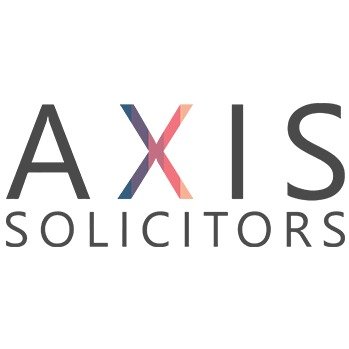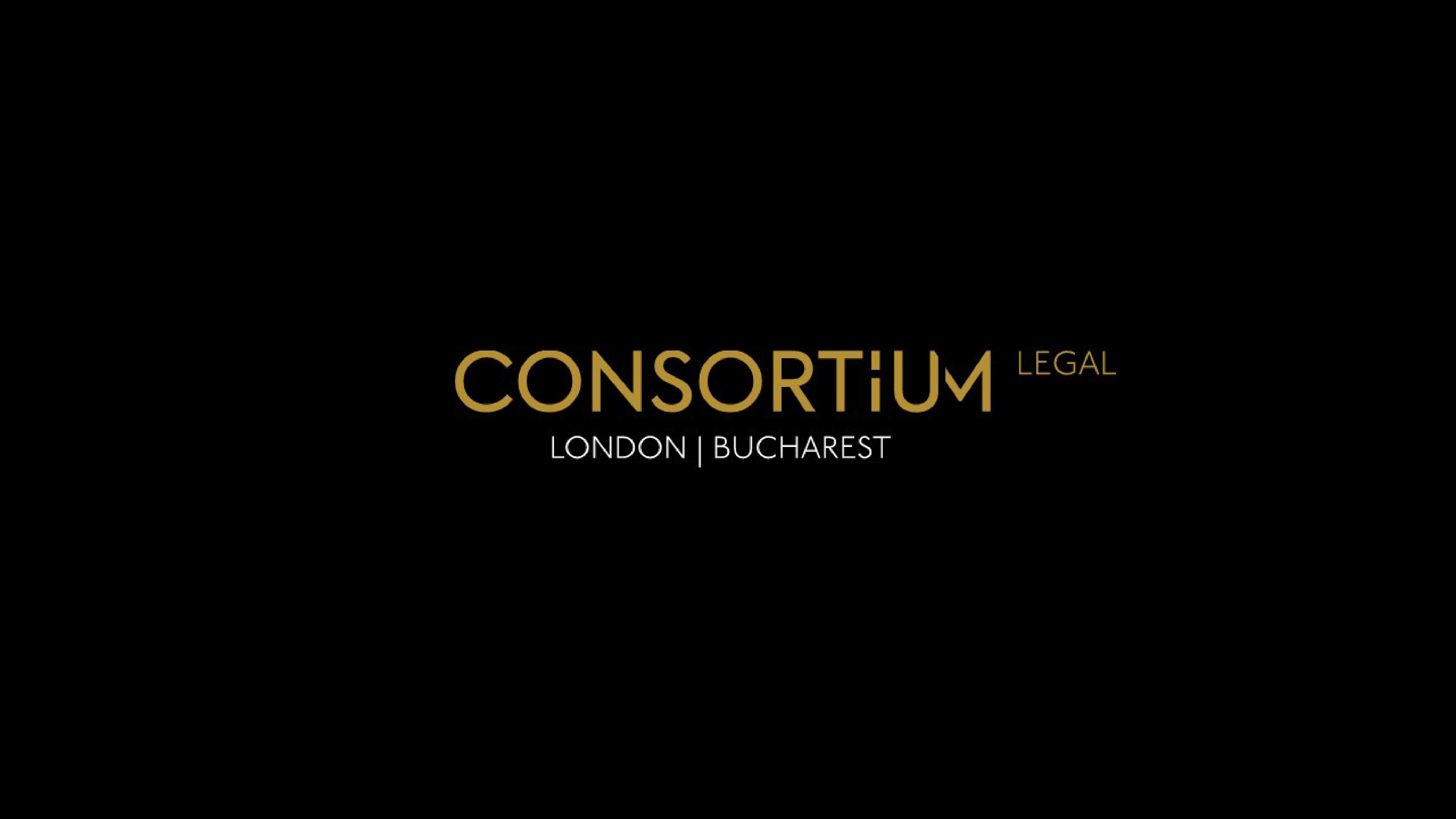Best Sexual Harassment Lawyers in London
Share your needs with us, get contacted by law firms.
Free. Takes 2 min.
List of the best lawyers in London, United Kingdom
About Sexual Harassment Law in London, United Kingdom
Sexual harassment is a severe issue that plagues workplaces and public spaces in London, similar to many cities around the globe. In the United Kingdom, this sort of behavior is considered a form of discrimination under the Equality Act of 2010. Sexual harassment involves unwanted conduct of a sexual nature that leads to a disturbing, intimidating, hostile or offensive environment, or can have a detrimental effect on the victim's dignity. An individual can be sexually harassed by either a single incident or a series of incidents.
Why You May Need a Lawyer
Experiencing sexual harassment can be emotionally distressing and navigating through the UK's legal system to seek justice can be challenging. This is where legal assistance becomes crucial. Individuals often require advice from a legal professional to understand their rights, gather and present evidence, advocate for them and handle the complexities of litigation or settlement negotiations. In situations where the perpetrator is an employer or a superior within the workplace, having a lawyer becomes all the more important to protect one's employment rights and fight retaliation.
Local Laws Overview
The central legislation protecting individuals from sexual harassment in London is the Equality Act of 2010. This Act defines sexual harassment and takes a strong stance against any form of discrimination, including sexual harassment. It makes clear that both employers and employees are responsible for preventing harassment in the workplace. It also covers situations that take place outside of the workplace, like work parties or business trips. Individuals may also have criminal remedies under the Sexual Offenses Act of 2003.
Frequently Asked Questions
What if the harassment incidents occurred outside of a workplace setting?
The Equality Act of 2010 extends protection beyond the confines of the workplace. It covers any situation that arises out of the employment relationship, such as business trips or work-related social gatherings.
Can I take legal action against my employer for not addressing sexual harassment?
Yes, employers have a responsibility to ensure a safe and secure workplace free from harassment. Failure to address issues can constitute a breach of this duty.
What sort of evidence is typically needed in a sexual harassment case?
Evidence may include but is not limited to, emails, text messages, voicemails, witness statements and any other documents that reflect the incidents of harassment.
What if I’m afraid of retaliation for reporting sexual harassment?
The Equality Act also protects individuals from victimisation, which covers retaliation against reporting sexual harassment. A legal professional can help you fight any such retaliation.
What damages can I recover in a sexual harassment case?
In civil cases, they may include compensation for mental anguish, loss of enjoyment of life, and punitive damages. In employment cases, they may also include back pay, front pay, reinstatement or promotion.
Additional Resources
Non-profit organisations like the Women’s Aid, Rape Crisis England, and Southall Black Sisters provides resources and support for victims of sexual harassment. The Equality Advisory Support Service (EASS) also provides advice and assistance related to cases of discrimination and harassment.
Next Steps
If you believe you have been sexually harassed, your first step should be to consult with a legal professional who has experience with this area of law. They can help you identify the steps to take, compile necessary documents, and guide you through the process of lodging your complaint officially. It's crucial to act quickly, given that there are strict time limits to initiate proceedings in discrimination cases.
Lawzana helps you find the best lawyers and law firms in London through a curated and pre-screened list of qualified legal professionals. Our platform offers rankings and detailed profiles of attorneys and law firms, allowing you to compare based on practice areas, including Sexual Harassment, experience, and client feedback.
Each profile includes a description of the firm's areas of practice, client reviews, team members and partners, year of establishment, spoken languages, office locations, contact information, social media presence, and any published articles or resources. Most firms on our platform speak English and are experienced in both local and international legal matters.
Get a quote from top-rated law firms in London, United Kingdom — quickly, securely, and without unnecessary hassle.
Disclaimer:
The information provided on this page is for general informational purposes only and does not constitute legal advice. While we strive to ensure the accuracy and relevance of the content, legal information may change over time, and interpretations of the law can vary. You should always consult with a qualified legal professional for advice specific to your situation.
We disclaim all liability for actions taken or not taken based on the content of this page. If you believe any information is incorrect or outdated, please contact us, and we will review and update it where appropriate.

















